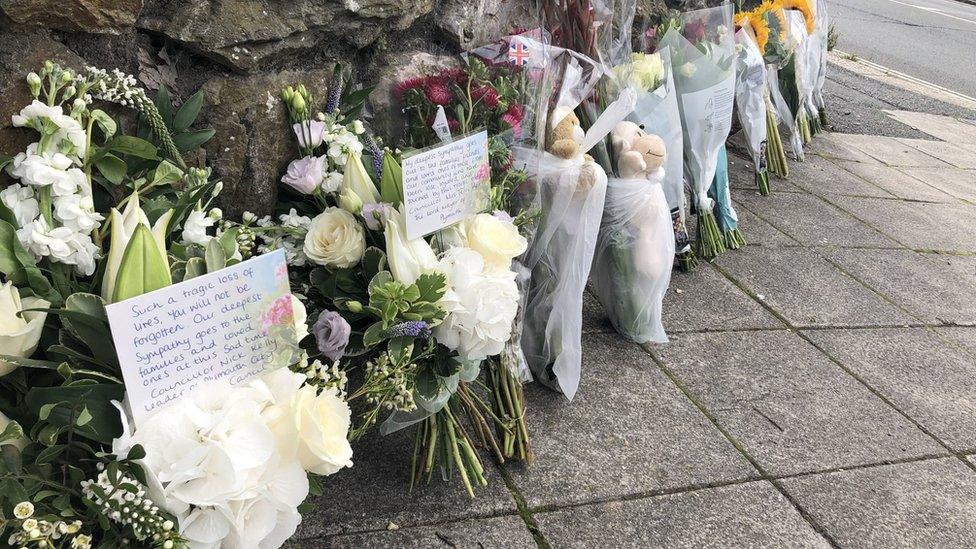Plymouth shootings: Reform of gun laws needed - coroner
- Published

Maxine Davison, Sophie and Lee Martyn, Kate Shepherd and Stephen Washington were killed in August 2021
"Root and branch reform" of firearms legislation is needed after a mass shooting in Plymouth, a coroner has said.
In a preventing future deaths report, coroner Ian Arrow said current gun laws were "at odds with public safety".
An inquest, which ended in February, found "catastrophic failure" at Devon and Cornwall Police.
Jake Davison, 22, used a legally-held shotgun to kill his mother and four others before shooting himself.
Maxine Davison, 51, Lee Martyn, 43, his daughter Sophie, three, Kate Shepherd, 66, and Stephen Washington, 59, were killed in the August 2021 shootings.
'Completely outdated'
Mr Arrow, the senior coroner for Plymouth, Torbay and South Devon, said there had been a "serious failure at a national level" to implement recommendations after the Dunblane massacre in 1996.
The families of some of the victims issued a joint statement which echoed the views of the coroner and said firearms legislation was "completely outdated, impractical and unsafe".
The statement, issued on behalf of the Martyn, Shepherd and Washington families, said: "The time for tragedy, followed by inquests, reviews and reports, and then conclusions and suggestions is now over.
"We look forward to helping the government and the police in enacting change."
'Abject failure'
Mr Arrow said he was concerned "weapons may remain in the hands of individuals who pose a risk to the public" in other police force areas.
The coroner's findings were made to Home Secretary Suella Braverman, Policing Minister Chris Philp, Lord Chief Justice of England and Wales Sir Ian Burnett, the National Police Chiefs' Council, every police constable in England and Wales and the College of Policing.
The findings criticised the adequacy of firearms legislation, police and judicial training, Home Office guidance and licensing decision-making. These are outlined in further detail below.
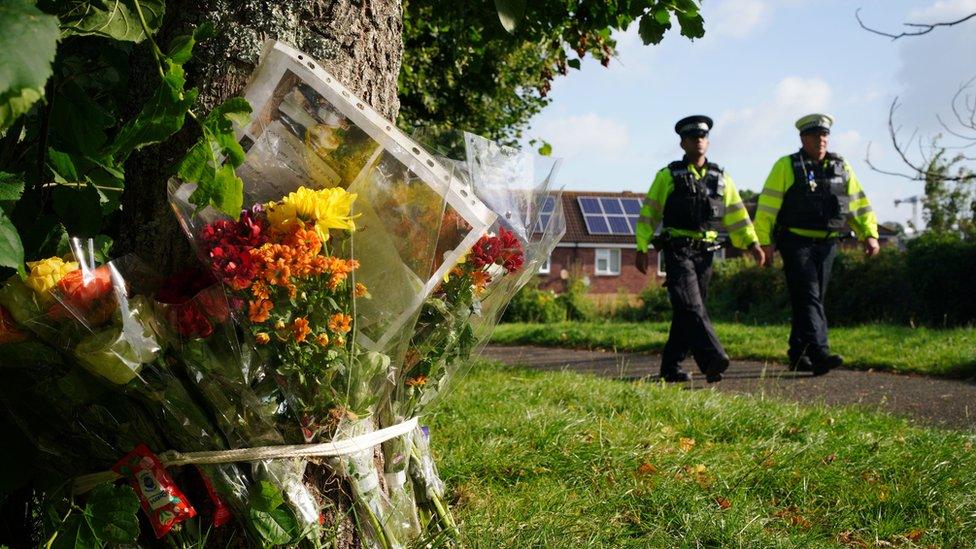
Jake Davidson, 22, used a legally-owned shotgun to kill five people
Mr Arrow asked every police chief to conduct a further review of all gun licences approved over the past five years.
Meanwhile, the coroner said there had been an "abject failure" to adequately train police officers and staff involved in firearms and shotgun licensing decisions over nearly three decades.
He cited numerous recommendations between 1996 and 2019 regarding a lack of formal training that were not followed through.
After receiving the coroner's report on Friday, the Home Office said it would respond in due course.
"Our thoughts are with the loved ones of Maxine Davison, Lee and Sophie Martyn, Kate Shepherd and Stephen Washington," a spokesperson for the Home Office said.
"Since the tragedy, the government has already taken steps to tighten firearms licensing including social media checks and a requirement for police to review information provided by GPs.
"We thank the coroner for his report. We will carefully consider the findings and respond in due course."
Iain Raphael, director of public safety and risk at the College of Policing, said: "This was a tragic incident, which resulted in five innocent people sadly losing their lives. Our thoughts remain firmly with their loved ones at this incredibly difficult time.
"We would like to reassure the public that we take this report seriously and are committed to learning from any past failings.
"Together with the NPCC and Home Office, we are also actively working to see how we can develop a sustainable training and accreditation process.
"This work will help to increase consistency in firearms licensing and give the public confidence that we are taking all measures to keep them safe and prevent these tragic circumstances from ever re-occurring."
Relevant authorities are required by the coroner to respond by 3 May.

'At odds with safety'
Mr Arrow found there were potentially "many firearms and shotguns in the hands of dangerous offenders" due to failings of the Firearms Act 1968.
He said the legislation prohibited people from being granted a licence based on the length of the prison sentence but not the criminal act.
He said this may have worked in the past but no longer reflected the "realities" of the modern criminal justice system, where violent offenders may not end up going to prison but instead get placed in diversion schemes.
The report said the wording of the law - which states that firearms and shotgun licences "shall be granted" unless certain requirements are not met - was "at odds with public safety".
He said the law should aim to reflect that owning a gun was a "a privilege and not a right".
He added he was concerned the current law meant there were "less stringent" restrictions on shotguns than firearms despite shotguns being "no less lethal".
When gun licences have been revoked, the act does not give police the power to immediately seize the weapons, he said.

'Judges need training'
Mr Arrow said judges may need to be retrained in firearms licensing decision-making to help improve public safety.
He referred to evidence, heard at the inquest, that showed that half of all decisions by Devon and Cornwall Police to revoke or not grant a licence were overturned in a crown court.
The coroner mentioned the case of a man who was given his gun licence back after it was revoked by the force due to concerns about domestic abuse and suicide.
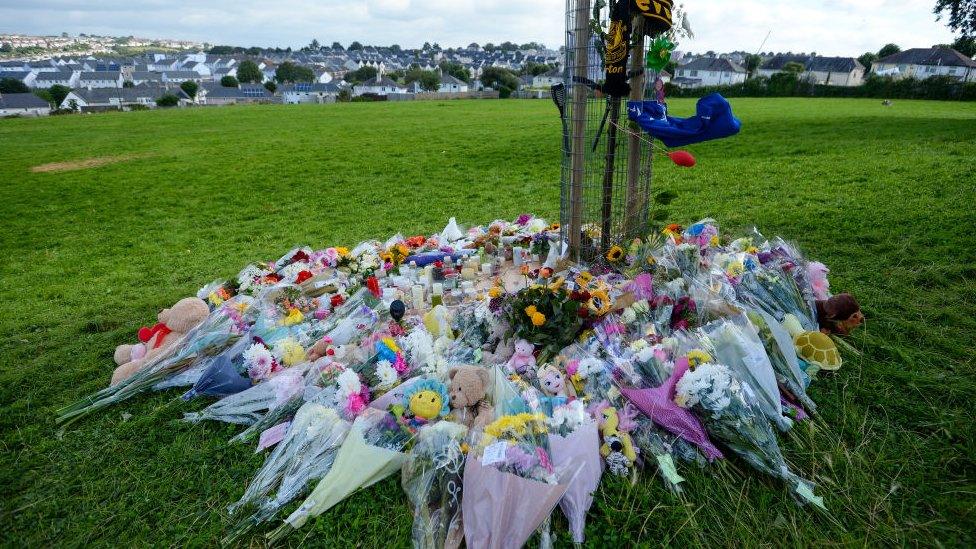
Floral tributes were laid following the shootings in Plymouth in August 2021
A court gave the man his gun back in December 2022 despite the man being arrested for drink-driving and assaulting police, the coroner said.
The inquest heard that the judicial system "set a high threshold for revocation".
Mr Arrow said: "I am concerned that judges may be unfamiliar with the nature of the decision being made in licensing cases."

'Another review needed'
The coroner said there should be a review of all gun licences that were initially revoked but then subsequently approved over the past five years.
In the lead-up to the inquest, only two police forces out of 42 across England and Wales found a licence was incorrectly returned following a review requested by the Home Office after the Plymouth shootings.
Mr Arrow said it was "unlikely" mistakes were made by only two forces "given the dearth of training available" to firearms licensing officers nationally.
He warned: "Weapons may remain in the hands of individuals who pose a danger to the public."

'Training failures'
Mr Arrow criticised an "abject failure" to properly train police officers and police staff in firearms licensing decisions over nearly three decades.
Addressing every chief constable in England and Wales and the College of Policing, he said there was an "urgent need" to develop nationally-accredited training for firearms and explosive licensing staff.
In a separate finding to the Home Secretary he blamed successive governments for failing to ensure firearms licensing was mandatory.
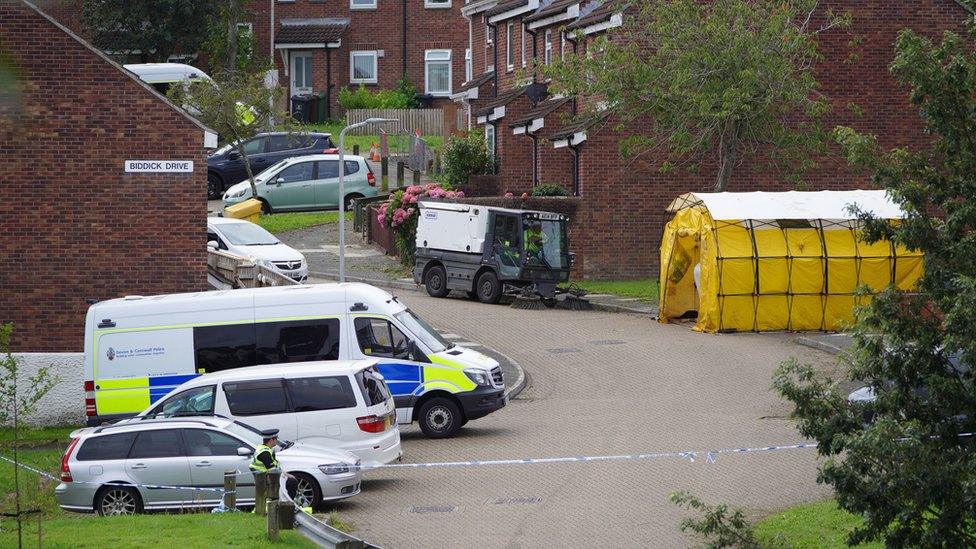
Jake Davison killed five people before taking his own life in the Keyham area of Plymouth
These concerns have been raised numerous times in other inquiries dating back to 1996, he added.
He said: "If any lessons had been learned in the aftermath of earlier tragedies, they have been forgotten and that learning lost.
"Over the past 27 years, there has been an abject failure to ensure that nationally-accredited training of firearms licensing staff has been developed and its currency maintained."

'Ill-informed decisions'
The coroner said there was an "unacceptable risk" that licensing units would continue to be under-resourced unless the cost of processing an application becomes self-funding.
The inquest heard the price of a shotgun licence was £79.50 - but the cost to police forces of processing an application could be more than £500.
If the system continued as it was there would continue to be "rushed and ill-informed decisions".
Mr Arrow also said Home Office guidance on risk assessments was "at best confusing and at worst misleading".
He said there was also a lack of guidance on how information was collected from applicants' referees.
Addressing the sharing of medical information, he said firearms reminders should be placed on all medical records, particularly mental health records.

Follow BBC News South West on Twitter, external, Facebook, external and Instagram, external. Send your story ideas to spotlight@bbc.co.uk.
Related topics
- Published20 February 2023
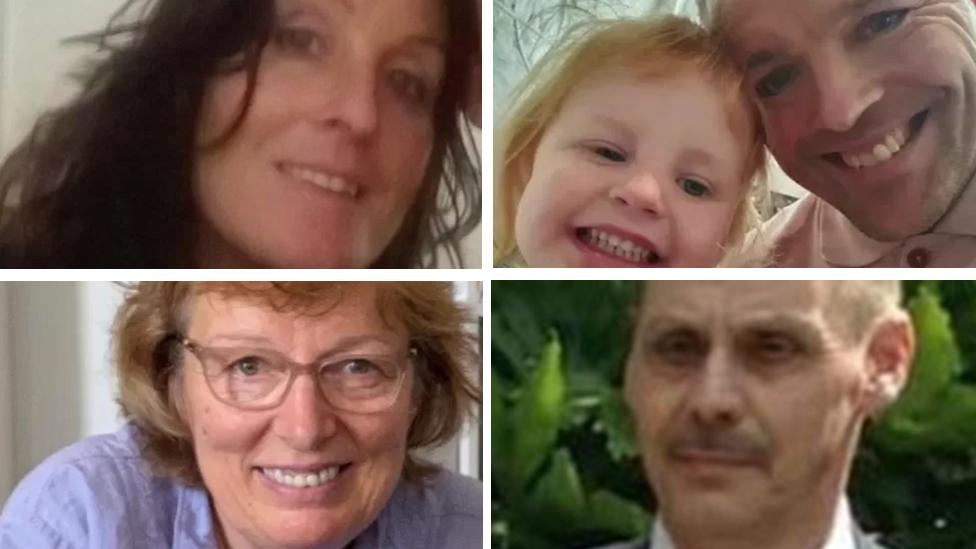
- Published14 February 2023

- Published8 February 2023
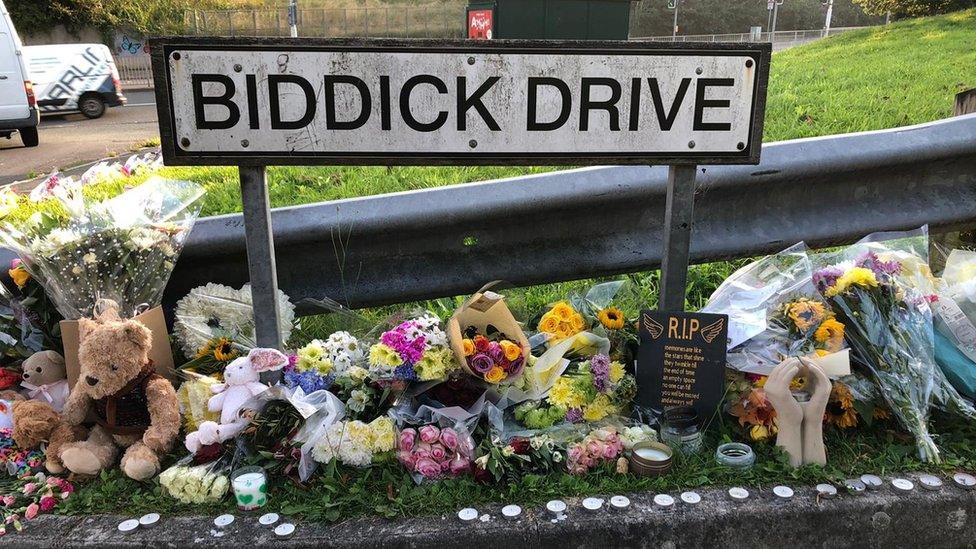
- Published10 February 2023
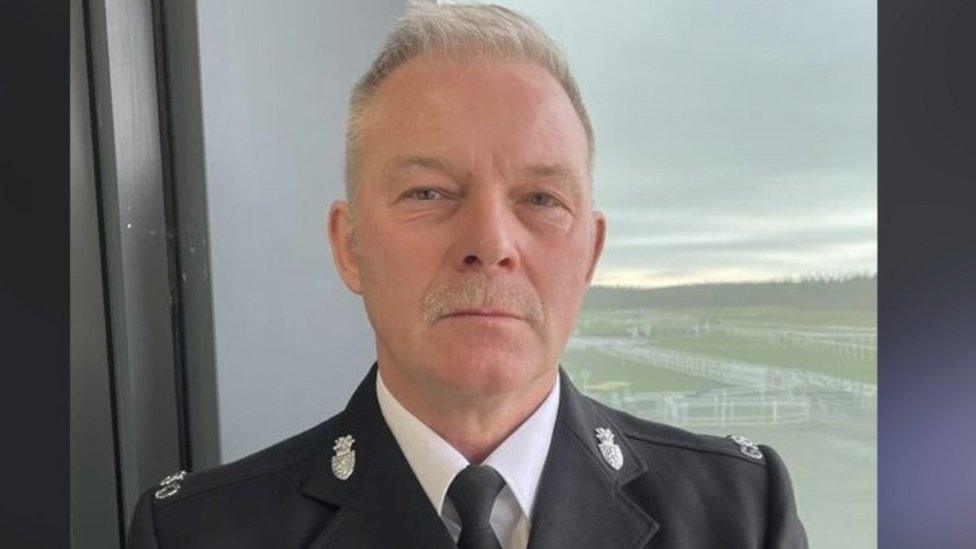
- Published9 February 2023
